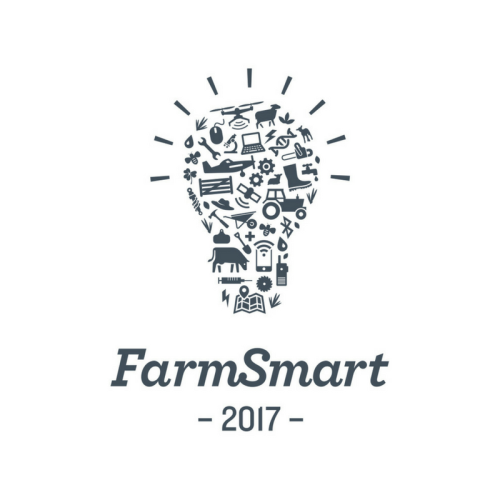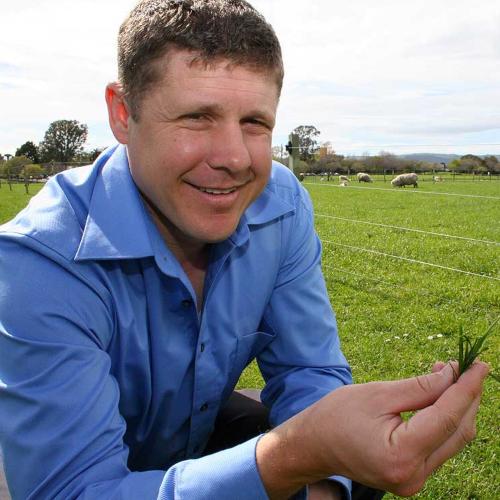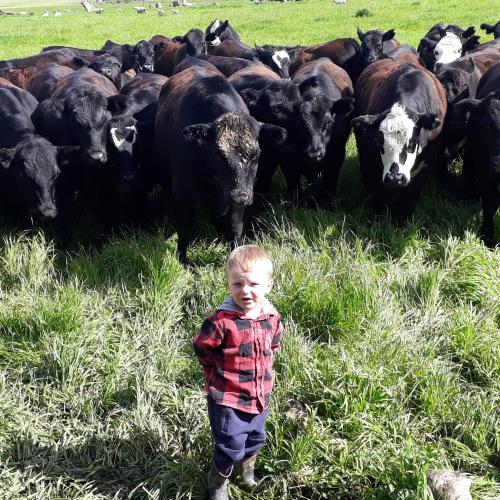Search results
Displaying 441 - 450 results of 1119
- Industry data… 2 breeding ewes 05 2 hoggets 06 2 total sheep 08 2 ewe condition 2 scanning 2 lamb … 4 rainfall 4 temperature 4 soil moisture 4 sheep 6 total sheep 08 6 region numbers 6 … subsequent impact body condition reflected poorer scanning results being reported …
- Podcast… Food. Disruption is coming to New Zealand’s sheep and beef farmers – how large will the …

- Podcast… Paul has led a considerable amount of sheep research focused on improving on-farm … resource book “ A Guide to Feed Planning for Sheep Farmers ” You can also watch the video … Zealand Taranaki Farming for Profit Lifting Sheep Productivity series features Professor …

- NewsIf you’re looking for passionate, skilled staff to contribute to your successful farming operation, there are many benefits to employing a recent graduate who has land-based …

- NewsApplications are open for the 2024 B+LNZ Generation Next Programme. B+LNZ encourages you to consider applying for this nationwide personal development programme to upskill and advance your farming …

- Podcast… clovers along with changes to both beef and sheep management to drive levels of beef …

- Resource book… module 1 fp12025 resources made possible sheep beef farmer investment industry beef … water quantity quality already monitored some sheep beef farms part consent requirements … outcomes determined all users catchment poor results often require community effort …
- Factsheet… nitrogen loss higher risk paddocks graze sheep 1yearold cattle lower risk paddocks … farmers farmers factsheets made possible sheep beef farmer investment industry beef …
- Podcast… animal requirements, managing complex sheep and beef systems successfully, feed …

- Factsheet… tonne mjme kgdm cents kgdm cents mjme range sheep nuts 94 940 835 12 8883 740 805 865 … 129 4762 369 10 50 factsheets made possible sheep beef farmer investment industry beef …